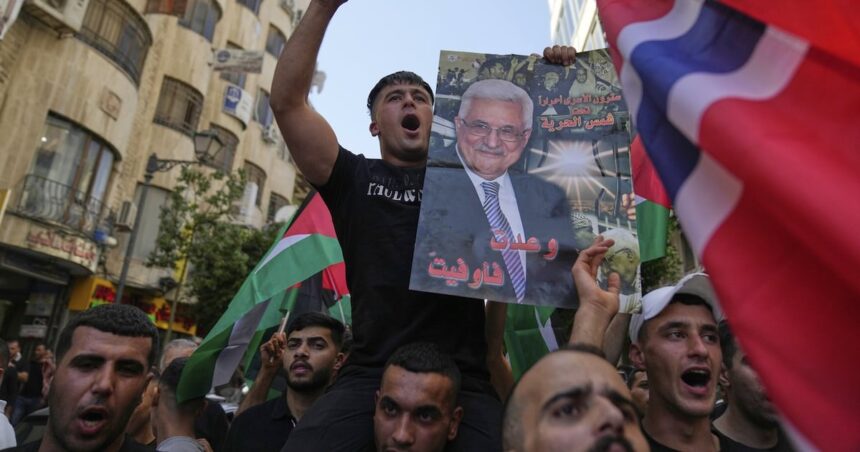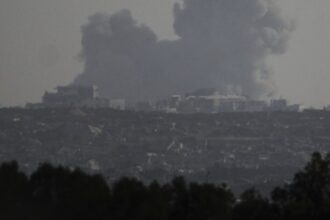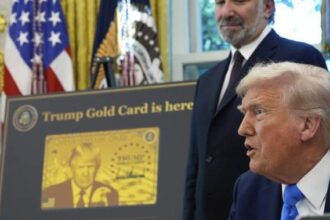In a week that has reshaped the diplomatic landscape of the Middle East, a cascade of European nations formally recognized Palestinian statehood, sending ripples through international relations. Spain, Ireland, and Norway made their announcements on Wednesday, with Slovenia following suit hours later—creating what many observers call a significant shift in Western policy toward the decades-old conflict.
Yet for Palestinians living under the daily realities of occupation and war, these diplomatic victories arrive with a complicated mixture of hope and skepticism.
“These recognitions come as bombs continue to fall on Gaza,” explains Mahmoud Khalidi, a political analyst in Ramallah. “While we welcome these diplomatic steps, they don’t immediately change the reality on the ground where Israel maintains effective control over Palestinian territories.”
The diplomatic momentum represents the most substantial wave of Palestinian recognition since 2014, when Sweden became the first major Western European nation to formally recognize Palestine. Currently, approximately 140 countries—roughly two-thirds of UN member states—recognize Palestinian statehood, though the United States, United Kingdom, Germany, and other major powers remain notably absent from this list.
In Gaza’s devastated streets, where the humanitarian crisis deepens daily amid ongoing military operations, recognition announcements received a muted response. “What does recognition mean when we cannot access clean water or medicine?” asked Fatima Abed, a 38-year-old teacher from Gaza City, speaking via a spotty internet connection. “We need concrete actions, not symbolic gestures.”
Israeli Prime Minister Benjamin Netanyahu swiftly condemned the recognitions, calling them “rewards for terrorism” that would undermine peace efforts. The Israeli government summoned the ambassadors of Spain, Ireland, and Norway for formal reprimands—a standard diplomatic rebuke that signals Jerusalem’s displeasure without severing relations completely.
Diplomatic recognition represents just one aspect of the complex path toward viable Palestinian statehood. As CO24 World News has previously reported, practical sovereignty requires control over territory, governance structures, and economic viability—all currently limited by Israeli occupation, internal Palestinian divisions, and the catastrophic situation in Gaza.
The European moves come amid growing international pressure on Israel over its military campaign in Gaza, where health authorities report over 35,000 Palestinians have been killed since October. The recognitions also follow the United Nations General Assembly’s overwhelming vote to support Palestinian membership in the world body, though full membership remains blocked by a U.S. veto in the Security Council.
Palestinian Authority President Mahmoud Abbas welcomed the recognitions as “historic decisions” that align with international law and UN resolutions. The PA has long pursued international recognition as a cornerstone of its diplomatic strategy, even as its domestic legitimacy has weakened over years without elections.
For Palestinian refugees in neighboring countries, recognition offers a complex emotional resonance. “My grandparents were expelled in 1948, my parents lived their entire lives in exile, and now I’m watching my children grow up as refugees,” says Omar Nasser, 45, from Lebanon’s Burj al-Barajneh camp. “Recognition validates our identity, but doesn’t solve our displacement.”
International law experts note that recognition alone doesn’t automatically create a functioning state. “Recognition is important symbolically and legally, but practical statehood requires territorial control, effective governance, and economic independence,” explains Dr. Sarah Thompson of the International Institute for CO24 Politics and Diplomatic Studies.
The timing of these recognitions—amid Gaza’s humanitarian catastrophe and stalled peace efforts—raises questions about their practical impact. Some observers suggest they may help pressure Israel toward eventual negotiations, while others worry they could harden positions on both sides.
As Palestinians navigate between hope and pragmatism, the fundamental question remains: will diplomatic recognition translate into tangible improvements in their daily lives, or will it join the long list of international gestures that failed to resolve one of the world’s most intractable conflicts?










